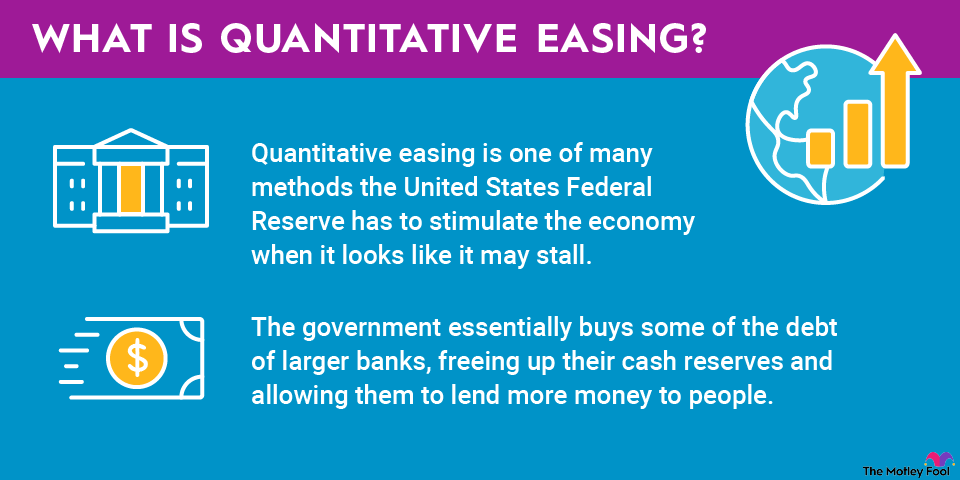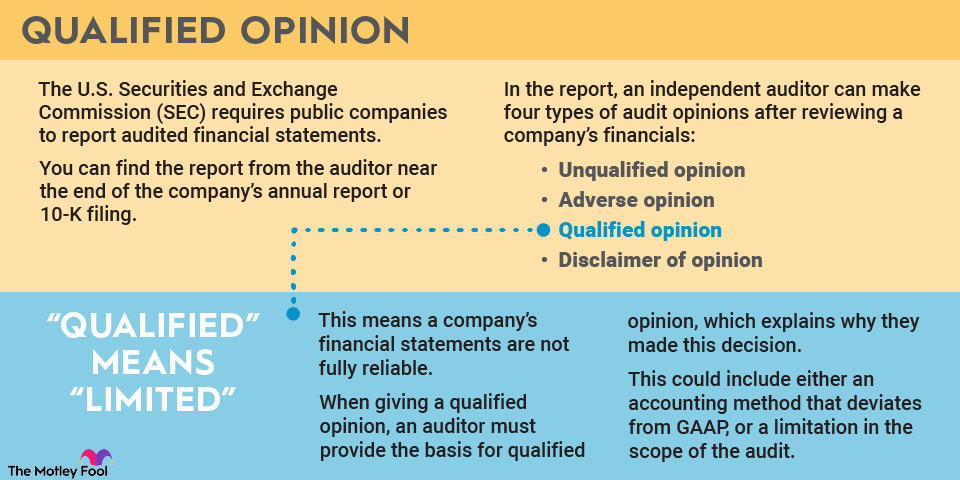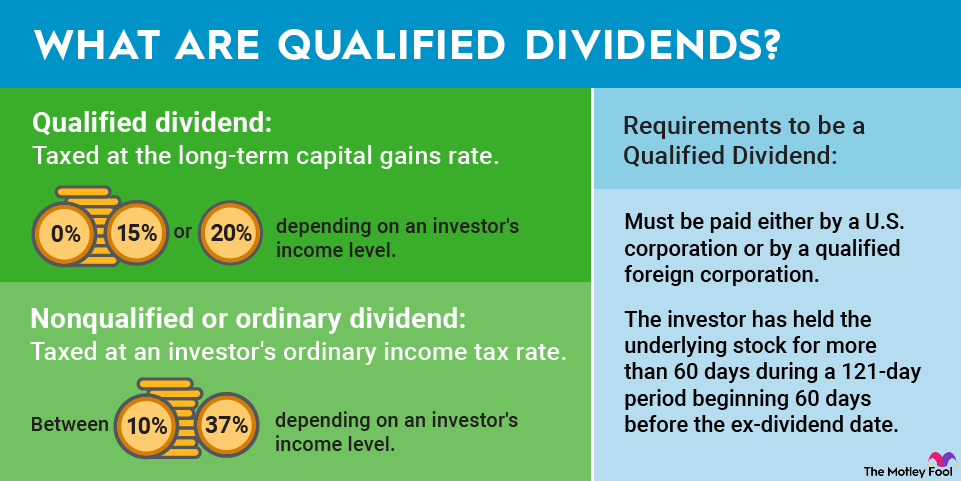Legal terms are often used to obfuscate rather than clarify. Like most jargon, they're useful primarily to insiders.
But one common piece of legalese -- quid pro quo -- is easy to explain, and it's commonly used in non-legal settings. Read on to learn more about the origins, uses, and examples of quid pro quo.

What is quid pro quo?
The phrase "quid pro quo" is often spat out more than spoken -- an accusation of wrongdoing that's frequently crossed into criminal territory. But the fact is that quid pro quo has a quite pedestrian meaning when translated from the Latin: "This for that."
A quid pro quo can be an exchange of items, usually of equal value. Almost any trade or purchase you've made in the last week could be considered a quid pro quo.
Need a gallon of milk? The store will sell you one for $3. Quid pro quo. Want to buy stock in Amazon (AMZN -0.39%)? About $195 would have been a sufficient quid pro quo in mid-2024.
An exchange of goods, however, doesn't have to be part of a quid pro quo. Even something as routine as information can constitute a quid pro quo, as anyone who has ever watched the movie thriller The Silence of the Lambs knows:
Hannibal Lecter: Quid pro quo. I tell you things; you tell me things. Not about this case, though, about yourself. Quid pro quo. Yes or no? Yes or no, Clarice? Poor little Catherine is waiting.
Clarice Starling: Go, doctor.
Of course, relatively few examples of quid pro quo involve an FBI agent attempting to obtain information from a prolific serial killer/cannibal.
Start-Up
In business, quid pro quo can be a bartering arrangement, especially common among startups with little cash flow -- for example, a donation to a nonprofit that results in anything from a bumper sticker to the promise of future services or a networking exchange where one person offers something of value to another in exchange for future services or benefits.
Related investing topics
Quid pro quo example
The IRS uses an example as mundane as a $100 donation to charity as an example of a legitimate quid pro quo. If a donor made a $100 contribution to a non-profit and received a concert ticket worth $40, the donor would have made a quid pro quo contribution.
Because it's the IRS, however, it's not that simple. The organization would then need to provide a disclosure statement to the donor since the quid pro quo is more than $75 (even though the charitable contribution amounts to only $60 after the cost of the ticket is considered).
The disclosure statement would need to provide the donor with the deductible amount of the contribution and a good faith estimate of the fair market value of the item received as part of the quid pro quo (in this case, the concert ticket).
A disclosure statement for the quid pro quo isn't required if the item or services given to a donor have "insubstantial value," generally considered to be 2% of the payment or $50, whichever is less. A statement also isn't needed if there's no "donative element." For example, an item purchased at a non-profit museum's gift shop wouldn't require paperwork. Likewise, intangible religious benefits, such as payment for admission to a religious ceremony or annual membership benefits of $75 or less, don't require statements for a quid pro quo.








